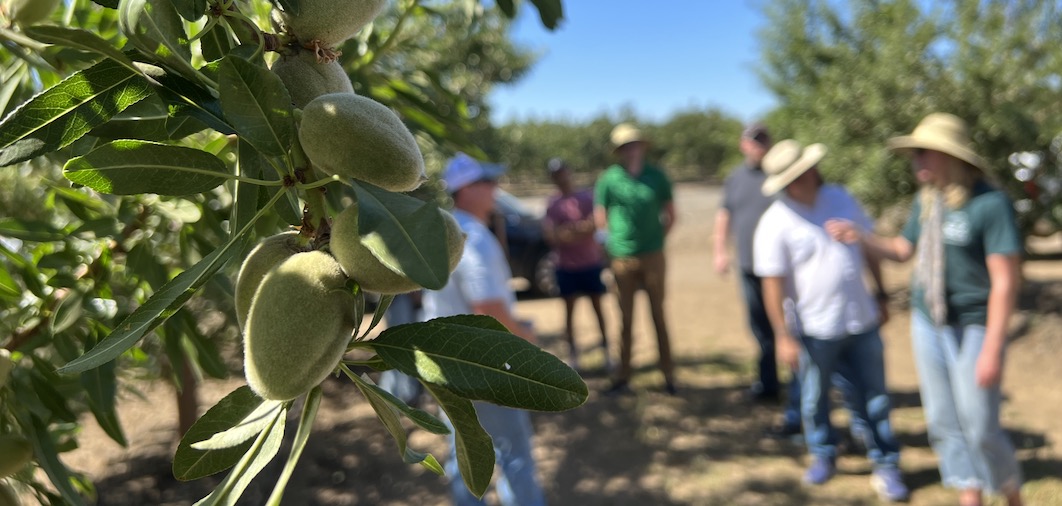The NRT Convergence of Nano-engineered Devices for Environmental and Sustainability Applications (CONDESA) program is a National Science Foundation Research Traineeship program at UC Merced, funded under award 2125510.
Soil, water, and air are essential resources. Their quality critically impacts society at a local and global scale in multiple ways, from farming productivity and food security to human and ecosystem health. The effective monitoring of factors affecting soil, water, and air quality requires the development of economical, multifunctional, durable, and easily deployable sensors. These sensors must also be highly sensitive to specific environmental properties or pollutants and able to capture both instantaneous events and long-term processes. Nanomaterials are ideal candidates for developing high-sensitivity sensors, as nano-engineering allows tuning of material properties at the atomic scale. These properties enable the development of highly specialized platforms for targeted application in specific environmental problems. This National Science Foundation Research Traineeship (NRT) award to the University of California, Merced will develop a doctoral training program where convergent research will be driven by the goal of developing multifunctional nanomaterial-based environmental sensors. The project anticipates training 200 Ph.D. students, including 25 funded trainees from physics, chemistry, mechanical engineering, environmental science, and materials science and engineering, thereby creating a new generation of diverse and globally competitive nano-engineers.
CONDESA will create a new generation of nano-engineers by cross-training students in molecular biology, physics, chemistry, environmental science, and sustainable systems. The program goal is to create multifunctional, nano-engineered sensors for environmental media (air, soil, and water) and to demonstrate their application in real-world testbeds to assess and solve environmental health and sustainability problems. Monitoring complex, dynamic patterns (“hot spots” and “hot moments”) in environmental properties requires high-resolution sensing, spotlighting the need for low-cost, energy-efficient, nano-enabled sensors. These properties include chemical concentrations, states, and flows associated with pollution, biogeochemical cycling, and risks to human health and ecosystems. Nano-engineering and nanotechnology allow tuning of material properties at the most fundamental atomic scale, therefore making it possible to develop highly specialized platforms for targeted applications. To achieve rapid convergence on effective sensor designs, NRT CONDESA will engage physicists, environmental and materials scientists, and device engineers to collaboratively identify key applications and specifications, guide the choice of transduction and materials, and design an integrated system that is resilient to environmental conditions.
The NSF Research Traineeship (NRT) Program is designed to encourage the development and implementation of bold, new potentially transformative models for STEM graduate education training. The program is dedicated to effective training of STEM graduate students in high priority interdisciplinary or convergent research areas through comprehensive traineeship models that are innovative, evidence-based, and aligned with changing workforce and research needs.

Photo by Michael Scheibner.



